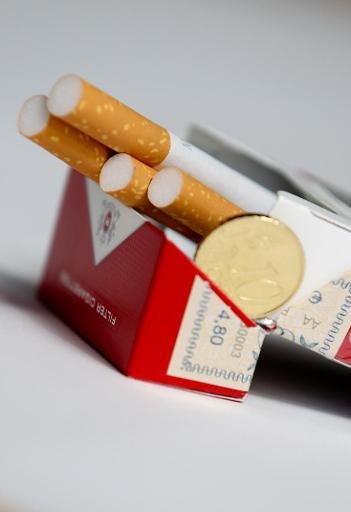Since the beginning of the current millennium, prices have increased by an average of 36.5% in the European Union. In Belgium, the actual increase was even greater, reaching 38.8%, for the period 2000 to 2017. The greatest increases were mainly seen in alcohol and tobacco, figures published by Eurostat, the Office for European Statistics, on Monday show.
Eurostat says that average inflation within the European Union has remained relatively moderate since 2000. However, there are significant differences between products across the EU. For example, the prices of alcohol and tobacco have practically doubled (an increase of 92.1%) ever since. The growth was less in Belgium: 74.8%.
It is not only products considered harmful to health, which have seen their prices soar. The trend is also applicable to education (an increase of 91.2% in the EU - the second highest increase). In Belgium, the price of education has increased by 69.2%.
Food products and non-alcoholic drinks have seen more moderate growth: an increase of 48.1% in Belgium compared to 43.3% within the EU as a whole. Living costs such as water, electricity, gas and other fuels have followed the same upward curve: an increase of 57.2% within the European Union and 56.1% in Belgium.
In 17 years, restaurant and hotel bills have increased by 61% within Belgium, whilst transport is 39.1% more expensive. The cost of communications has seen a decrease of 14.8%.
What about health - drugs, hospitals and consultations? Belgium fared better than the rest of the EU, since costs in this sector increased by 17.1% for us, compared to a European average of 40.8%.
The Brussels Times

